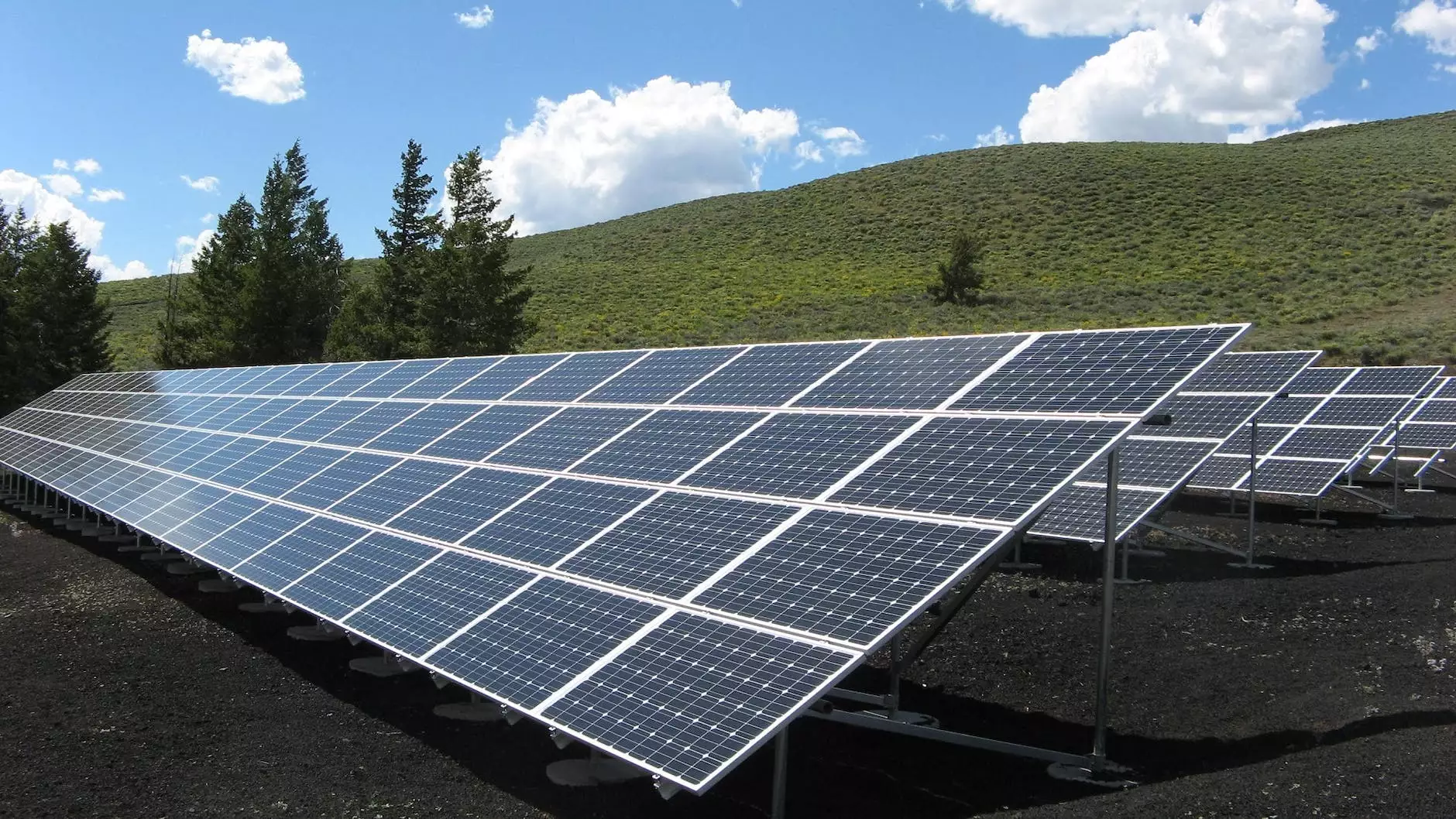Energy Terms, Defined
News Articles
Welcome to Barrett Propane Prescott's comprehensive guide on energy terms! In this detailed resource, we aim to provide you with a wealth of knowledge on various energy-related terms.
1. Renewable Energy
Renewable energy refers to energy sources that are naturally replenished, such as sunlight, wind, rain, tides, and geothermal heat. Unlike fossil fuels, which deplete over time, renewable energy sources can be consistently harnessed without causing a negative environmental impact.
2. Fossil Fuels
Fossil fuels are non-renewable energy sources formed from the remains of prehistoric plants and animals. These include coal, oil, and natural gas. Fossil fuels, while widely used for energy generation, contribute to air pollution and greenhouse gas emissions.
3. Solar Energy
Solar energy is obtained by harnessing the radiating heat and light from the sun. This renewable energy source is captured using solar panels and converted into electricity or used for heating purposes. Solar energy helps reduce reliance on traditional fossil fuel-based energy generation.
4. Wind Energy
Wind energy is generated by harnessing the power of wind to drive turbines, which then produce electricity. Wind power is a clean and renewable energy source that helps reduce carbon emissions and dependence on non-renewable fossil fuels.
5. Geothermal Energy
Geothermal energy utilizes heat from beneath the Earth's surface to generate electricity or provide heating and cooling. This form of renewable energy relies on the natural heat stored within the Earth, making it a sustainable alternative to fossil fuel-based heating systems.
6. Biomass Energy
Biomass energy is derived from organic matter, such as plants and biological waste. Through processes like combustion, this energy source can be converted into heat or electricity. Biomass energy helps reduce reliance on non-renewable sources and also contributes to waste management.
7. Energy Efficiency
Energy efficiency refers to the effective utilization of energy to achieve desired results while minimizing energy waste. It involves adopting technologies and practices that reduce energy consumption and optimize the use of available resources.
8. Energy Conservation
Energy conservation involves reducing energy usage through behavioral changes, technology upgrades, and adopting efficient practices. It focuses on preserving energy resources and mitigating environmental impacts by reducing energy consumption.
9. Carbon Emissions
Carbon emissions refer to the release of carbon dioxide (CO2) and other greenhouse gases into the atmosphere. These emissions are primarily caused by burning fossil fuels for energy generation, transportation, and industrial processes. High carbon emissions contribute to climate change and global warming.
10. Net Zero
Net zero refers to achieving a balance between the amount of greenhouse gases emitted into the atmosphere and the amount removed or offset. This can be achieved through efforts such as carbon offsetting, renewable energy adoption, and energy efficiency improvements.
Conclusion
We hope this comprehensive guide on energy terms has provided you with a better understanding of various energy-related concepts. By familiarizing yourself with these terms, you can make more informed decisions regarding energy usage, conservation, and adopting renewable alternatives. Barrett Propane Prescott aims to empower individuals and businesses with knowledge while promoting sustainable energy practices.




